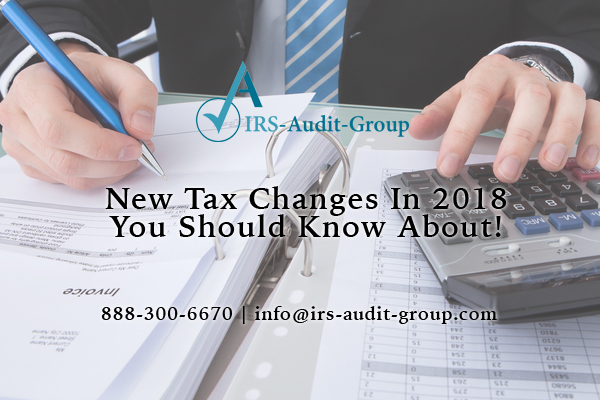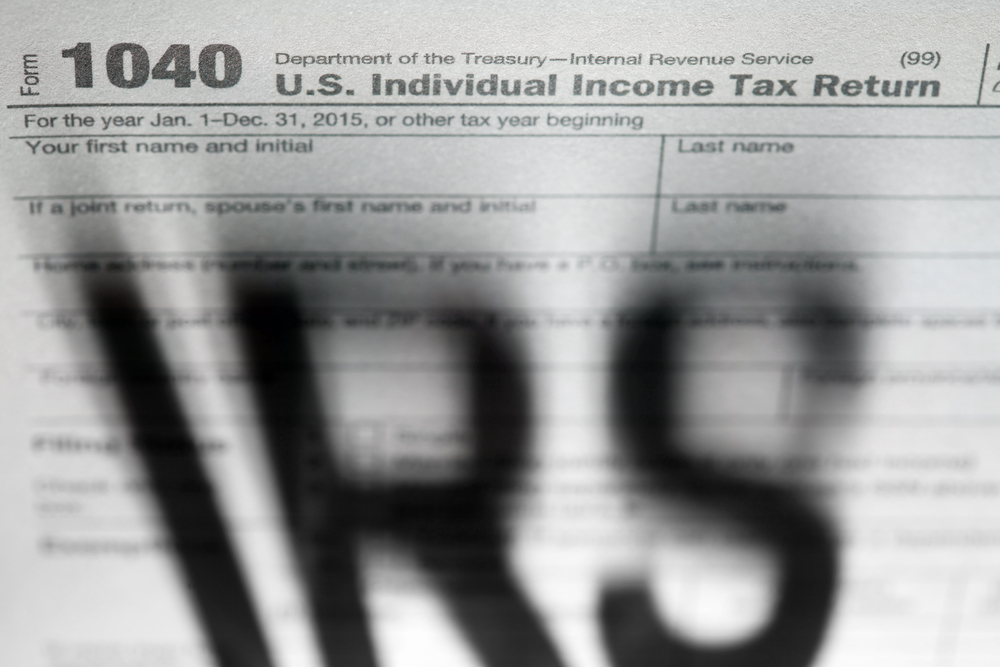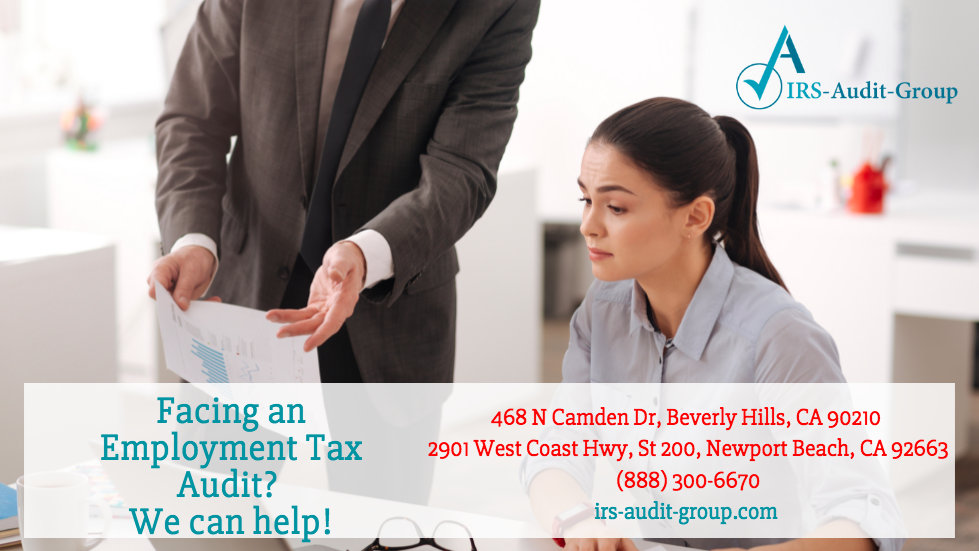IRS 1040
What Has Changed?
For many years, taxpayers have known the IRS federal income tax form 1040 form as a long and complicated form. For those who don’t know what is form 1040 is, or do not know how to get 1040 form, it is an IRS form that is filled out by taxpayers to report their gross income. The IRS 1040 form used to be pages long, and used to come in different formats, including the 1040, the 1040A, and the 1040EZ. Starting 2019, the IRS is issuing a new 1040 form. Taxpayers will no longer be stuck choosing between the different versions of the previous 1040 form, because it is completely different from the 2018 form 1040 schedule a.
What To Know?
Recently, the IRS announced a change in the 1040 form instructions. As we gear up for the 2019 tax filing season that is quickly approaching, we want to focus on one big change that taxpayers will notice this year: the new 1040 form. In an effort to streamline the process for taxpayers, the IRS has created a shorter, simpler version of the 1040 form. This new form is about half the size of the current version. Taxpayers will no longer have to choose between Form 1040, Form 1040 A, or Form 1040EZ—instead, all 150 million American taxpayers will complete the new 1040 form. Regarding the schedules, the IRS has suggested that nearly 65% of all American taxpayers will have to submit the new 1040 with only one schedule. We are not sure which schedule, it may be IRS form 1040 Schedule A. While the IRS has indicated that the new 1040 form will certainly be used for 2019, it’s still making minor changes before the opening of the filing season. For those that have a more complicated return, such as having deductions, credits, or owing additional taxes, addition Form 1040 Schedules may need to be filed. Below, we provide a guide on all of the different 1040 schedules, giving you information about how to use them.
Schedules
Schedule 1: Needs to be filed if you have additional income including capital gains, unemployment, gambling winnings, or any prize and award money. Also needs to be filed if you claim deductions such as student loan interest deduction, self-employment tax, or educator expenses.
Schedule 2: Needs to be filed if you owe Alternative Minimum Tax (AMT) or need to make an excess premium tax credit repayment.
Schedule 3: Needs to be filed if you can claim a nonrefundable credit such as foreign tax credit, education credits, or general business credits. Child tax credit and credit for other dependents are not included as part of nonrefundable credits here.
Schedule 4: Needs to be filed if you owe other taxes including self-employment tax, tax on IRAs or other retirement plans, and household employment taxes.
Schedule 5: Needs to be filed if you can claim a refundable credit other than American opportunity credit, additional child tax credit, and the earned income credit. Also needs to be filed if you have other payments, for example amount paid with a request for an extension to file or have excess social security tax withheld.
Schedule 6: Needs to be filed if you have a foreign address or a third party designee other than your paid preparer.

IRS Audit Group
What To Do?
The new income tax form 1040 is just one of the ways that the IRS is getting ready for the many new changes that are coming into effect as part of the Tax Cuts and Jobs Act. This is the biggest piece of tax legislation in the past thirty years, and as a result, it’s important to understand how they may affect you during the 2019 filing season. We can help you with all your taxpayer needs, including filling out a 1040 extension form, information on the form 1040 tax table, or any other questions about IRS or taxpayer procedures.
Contact Us
Contact us today for help with irs tax form 1040, and much more. Contact us at (310) 498-7508 to get in touch with one of our friendly team members who can answer all of your questions. You can visit us at IRSAuditGroup.com or email us at info@irs-audit-group.com












